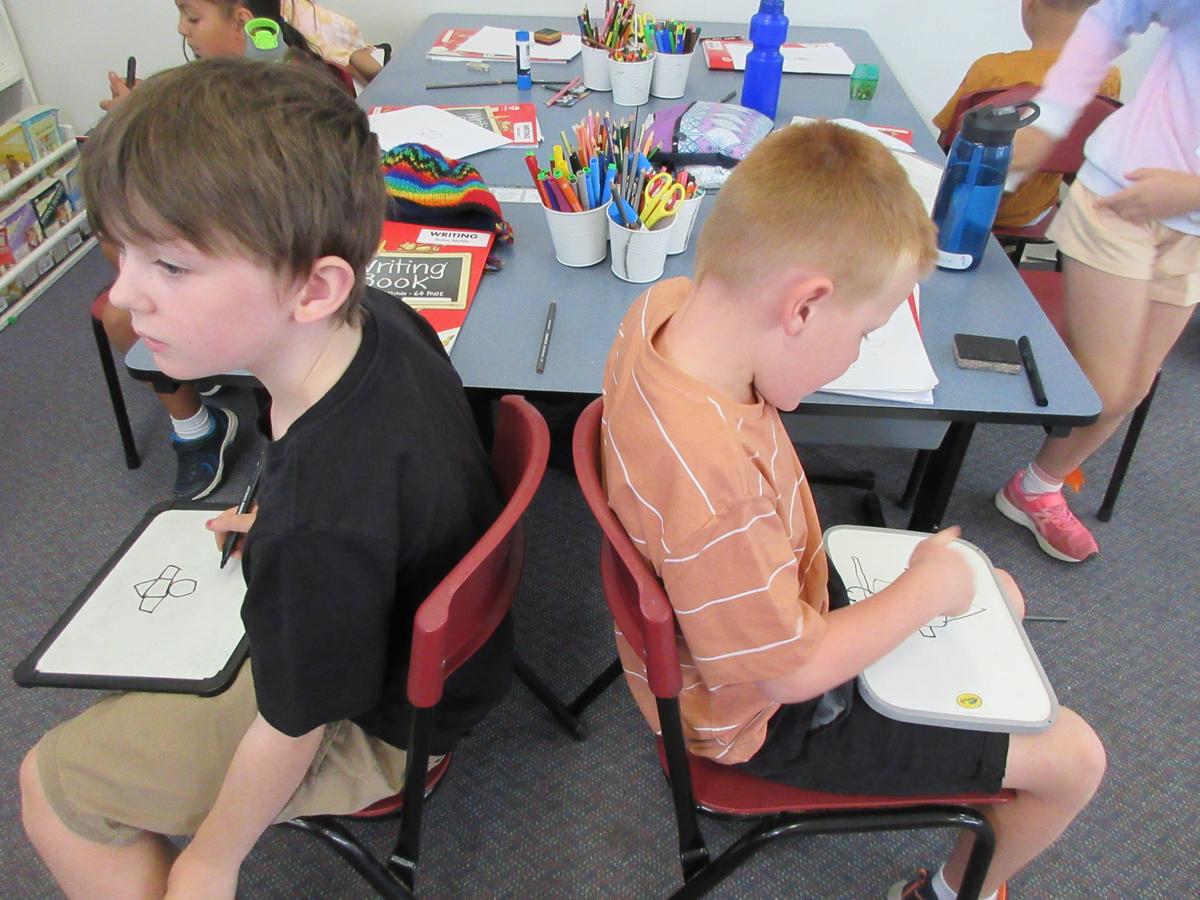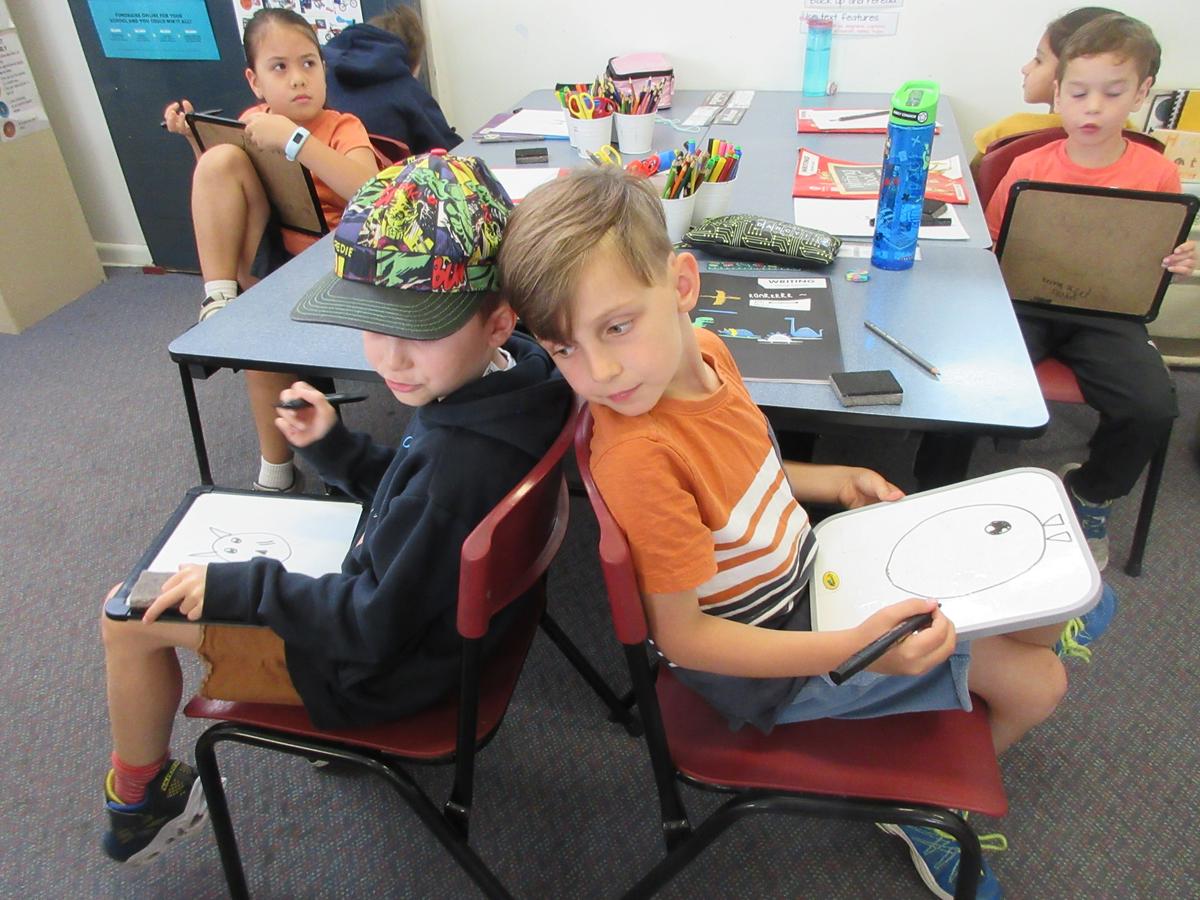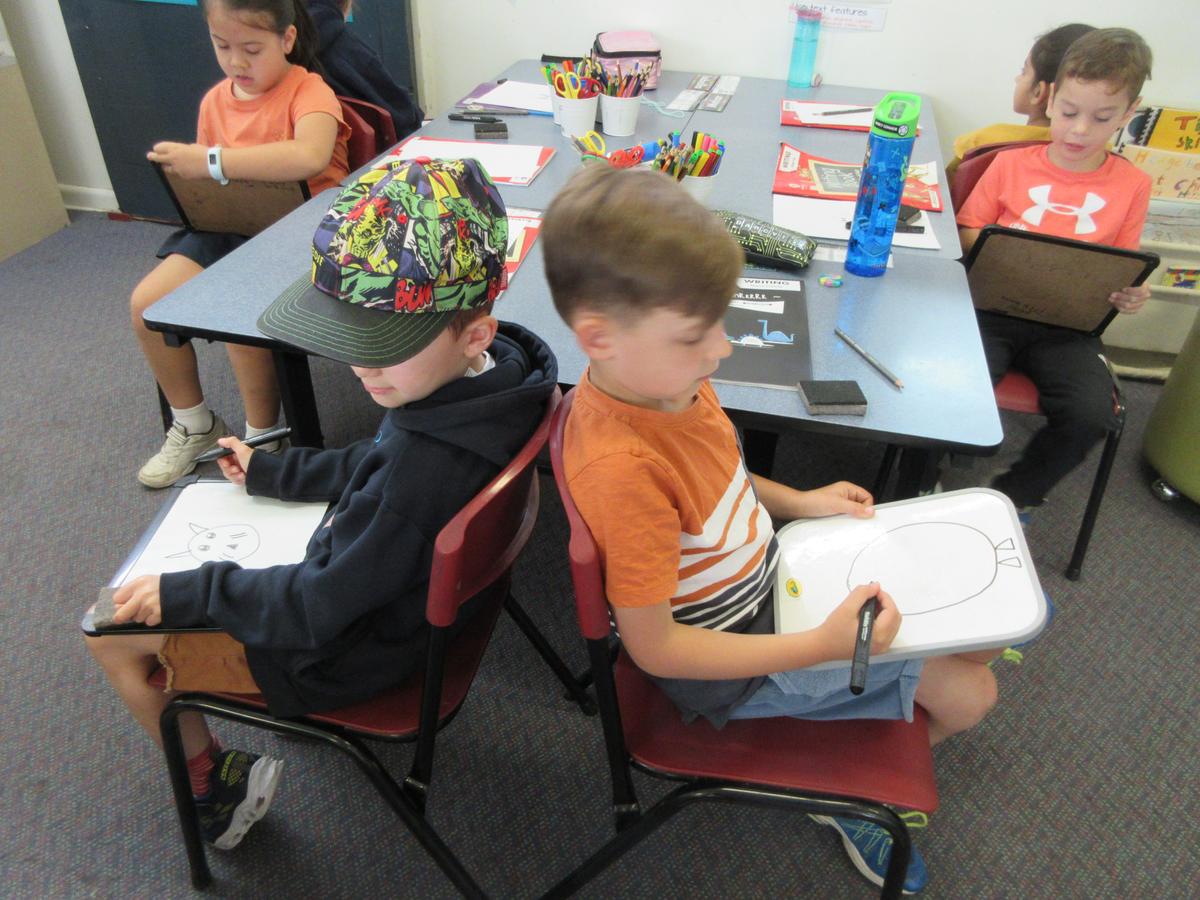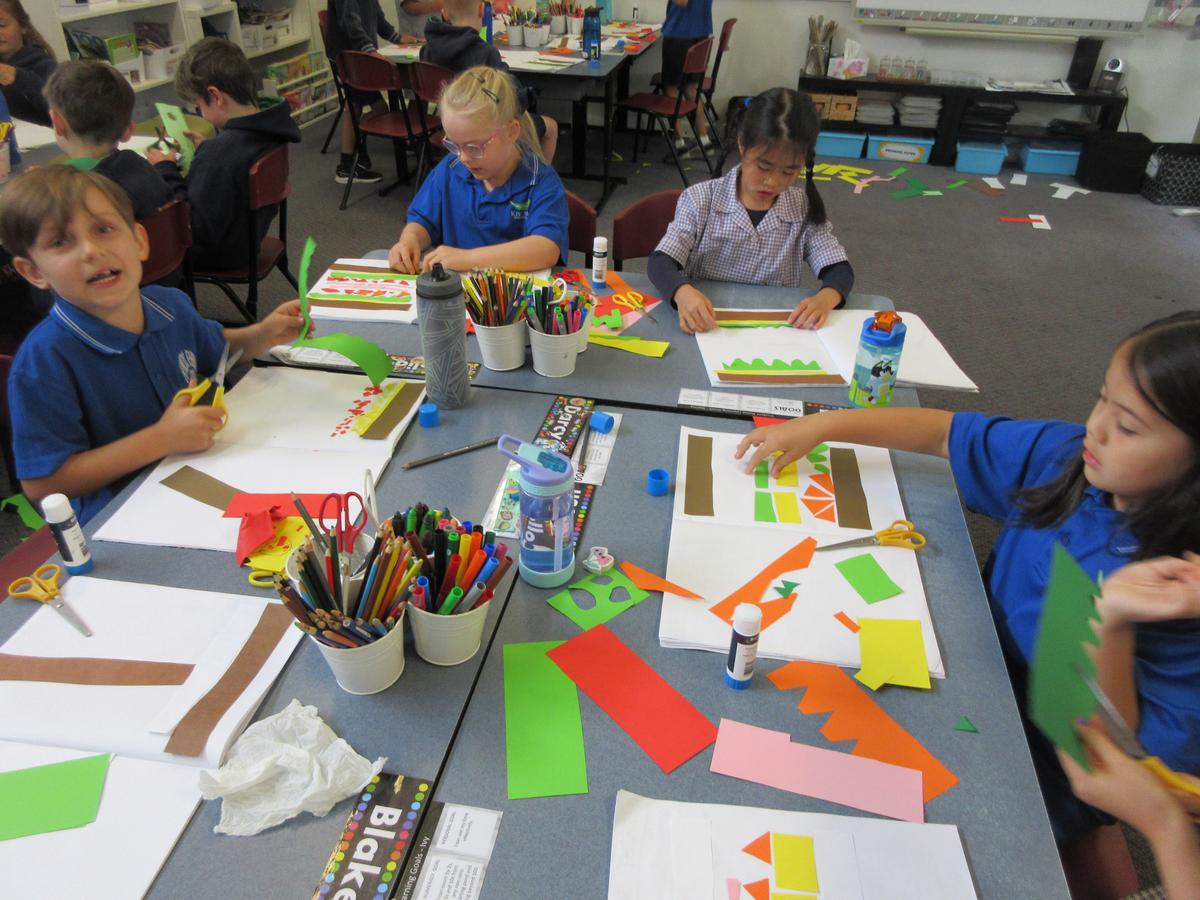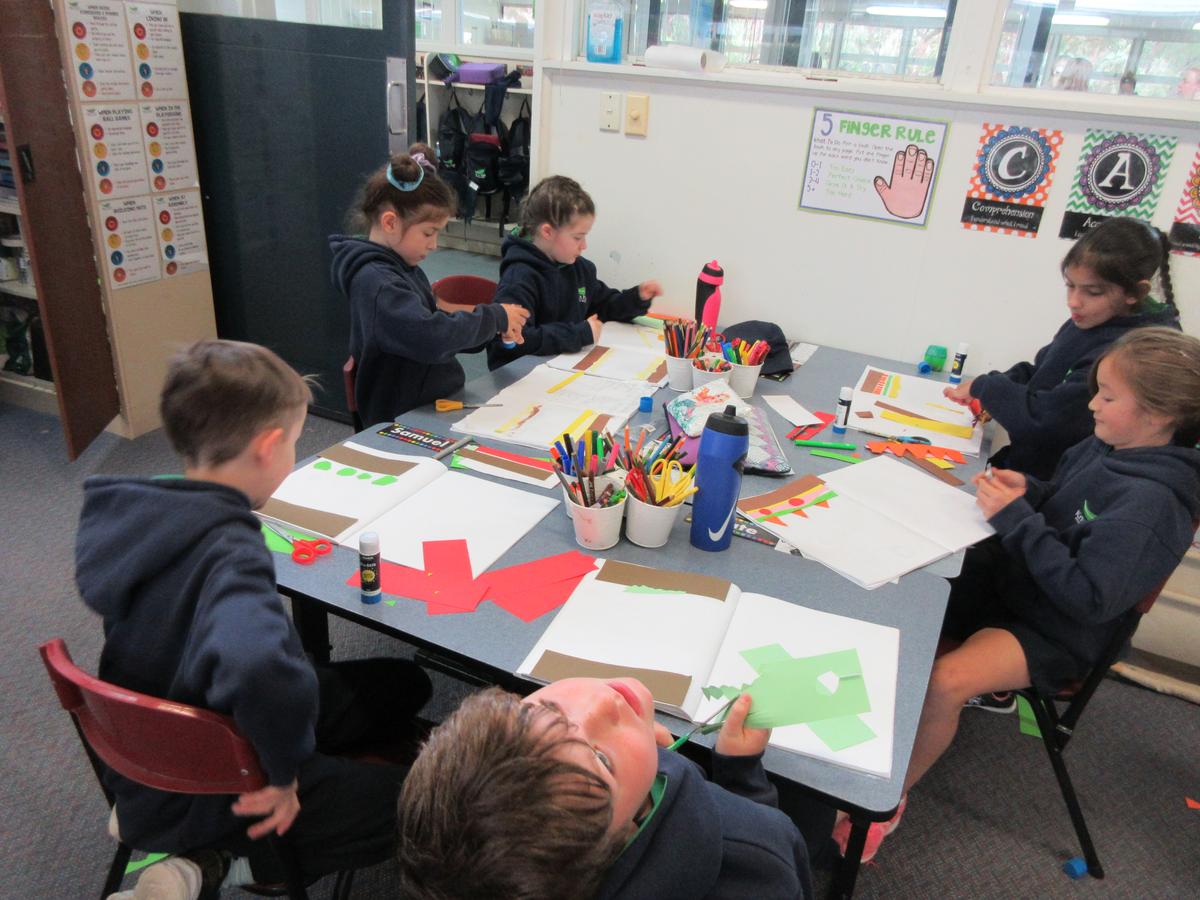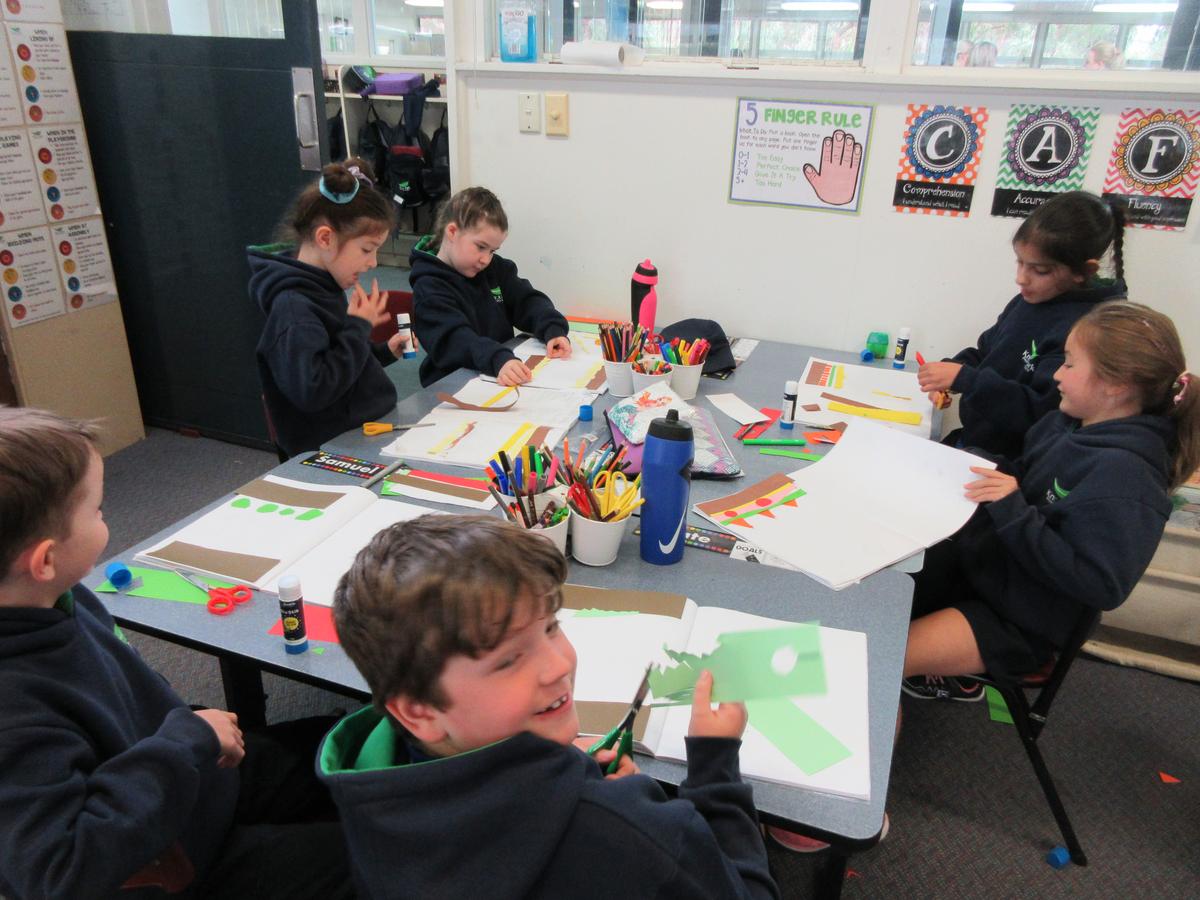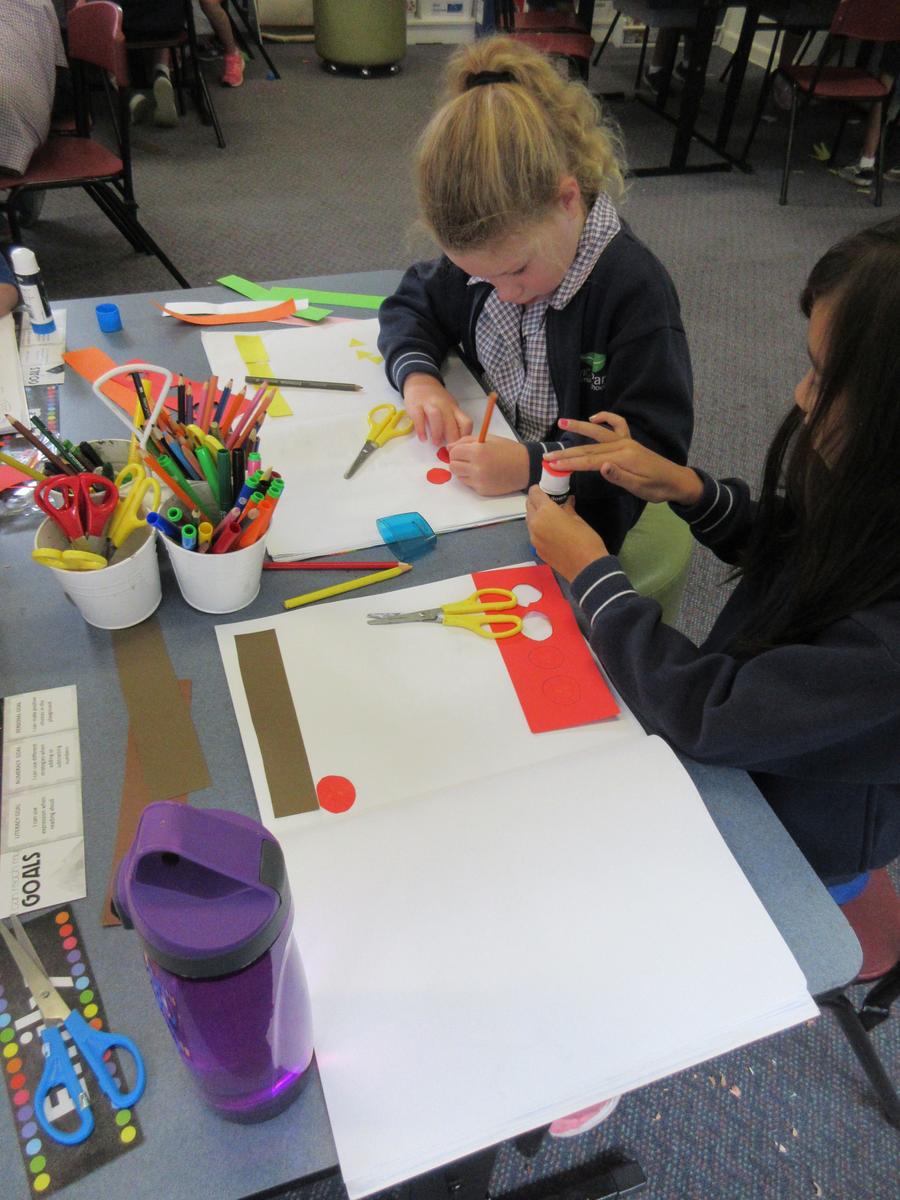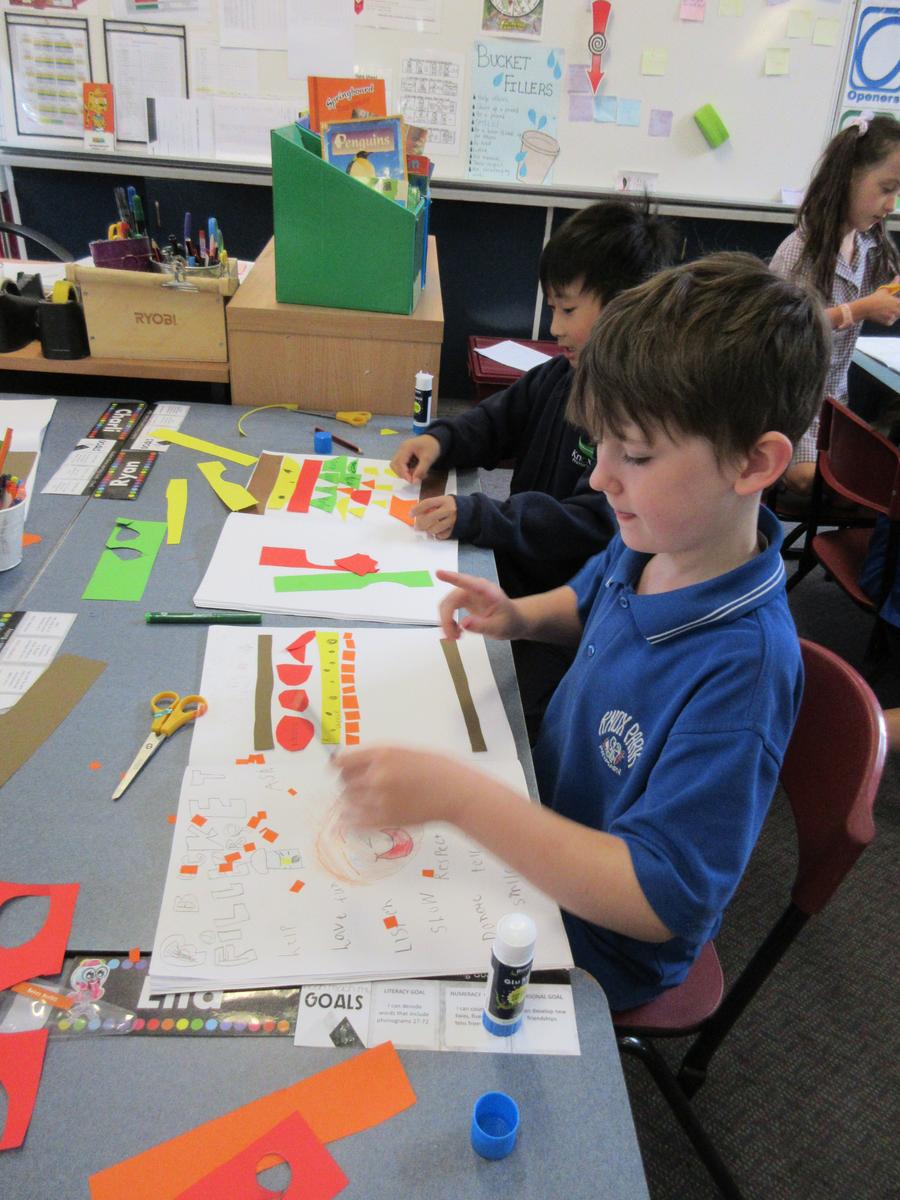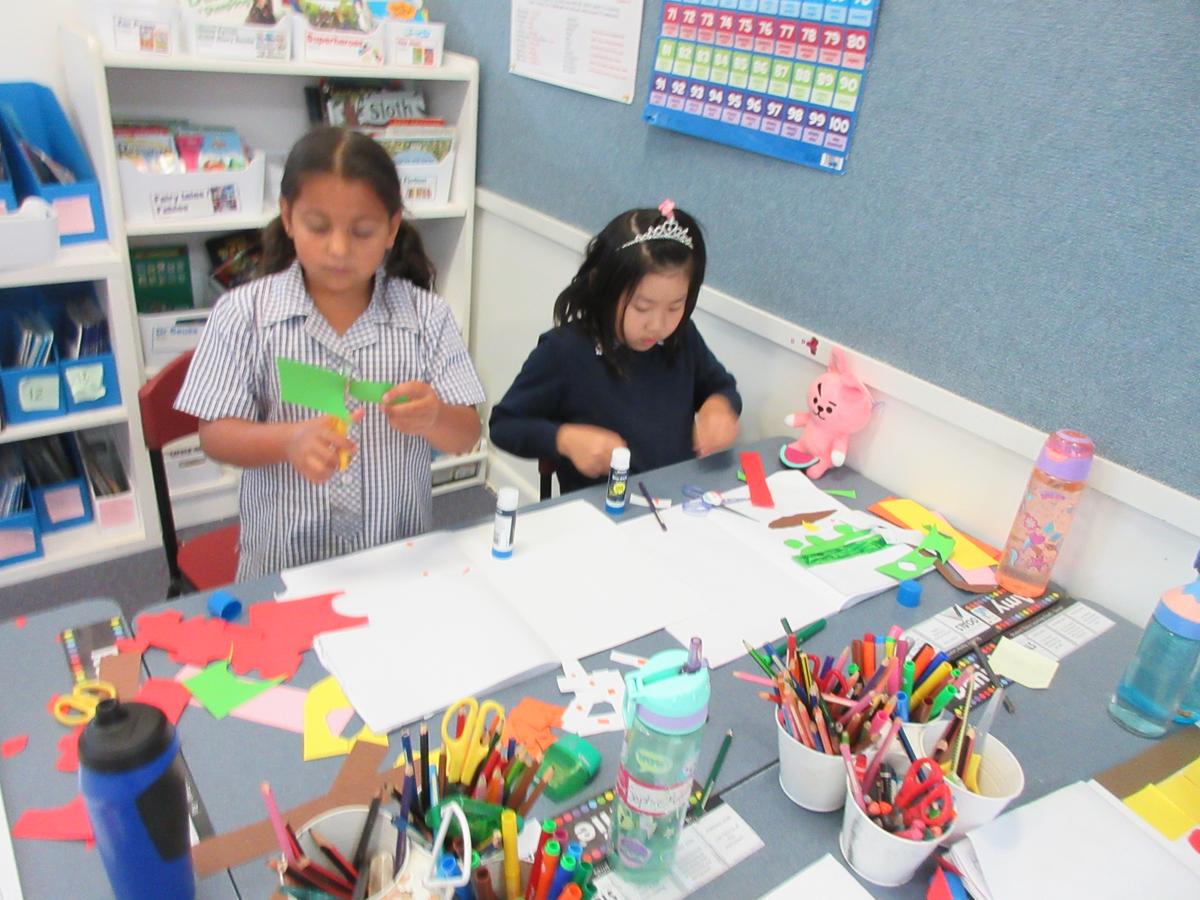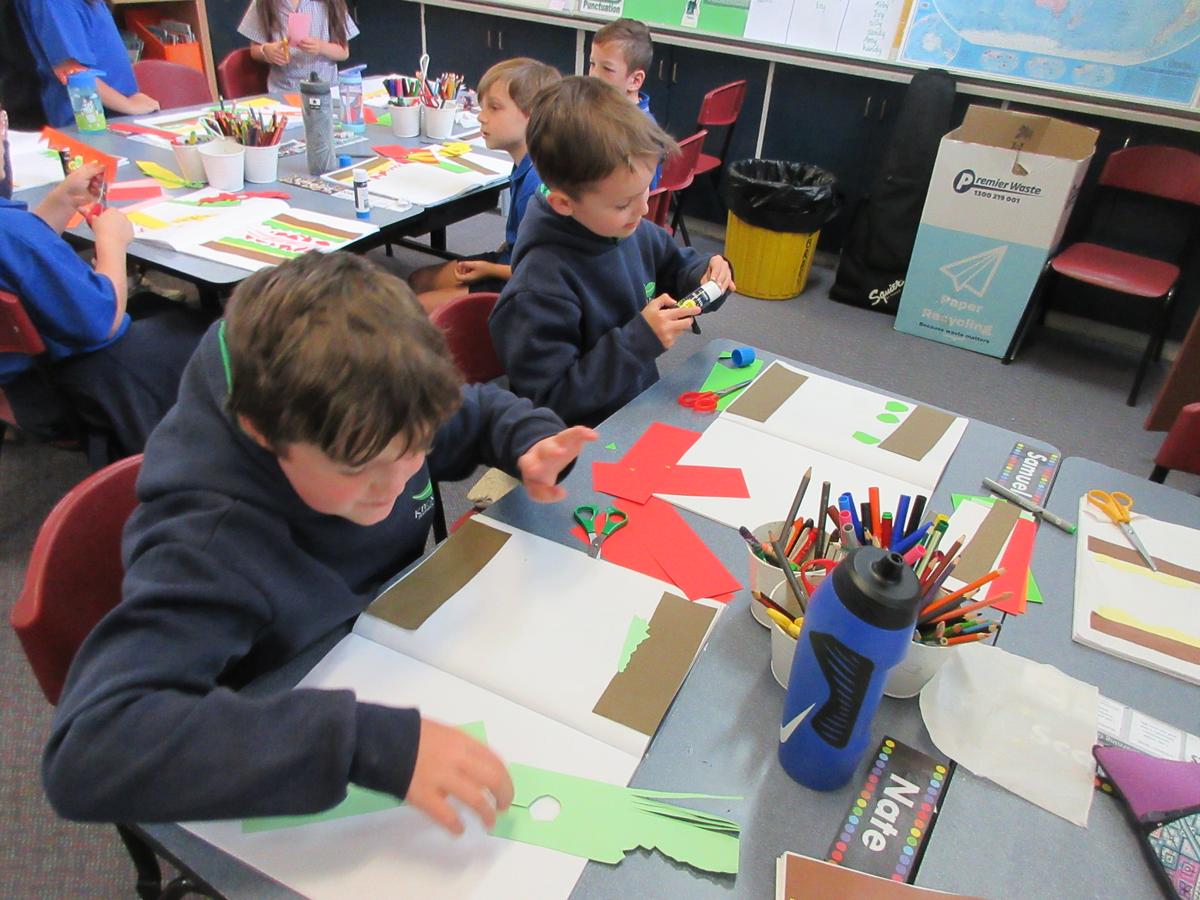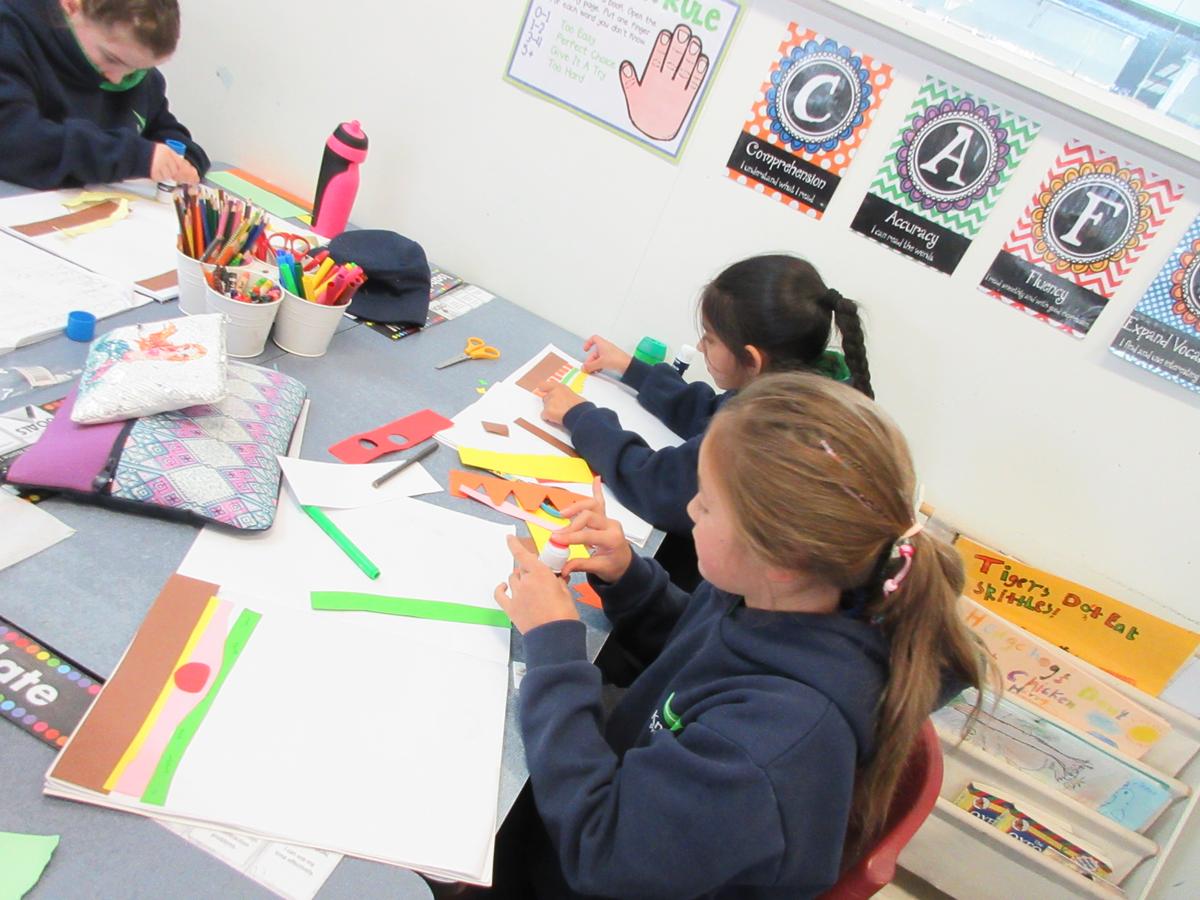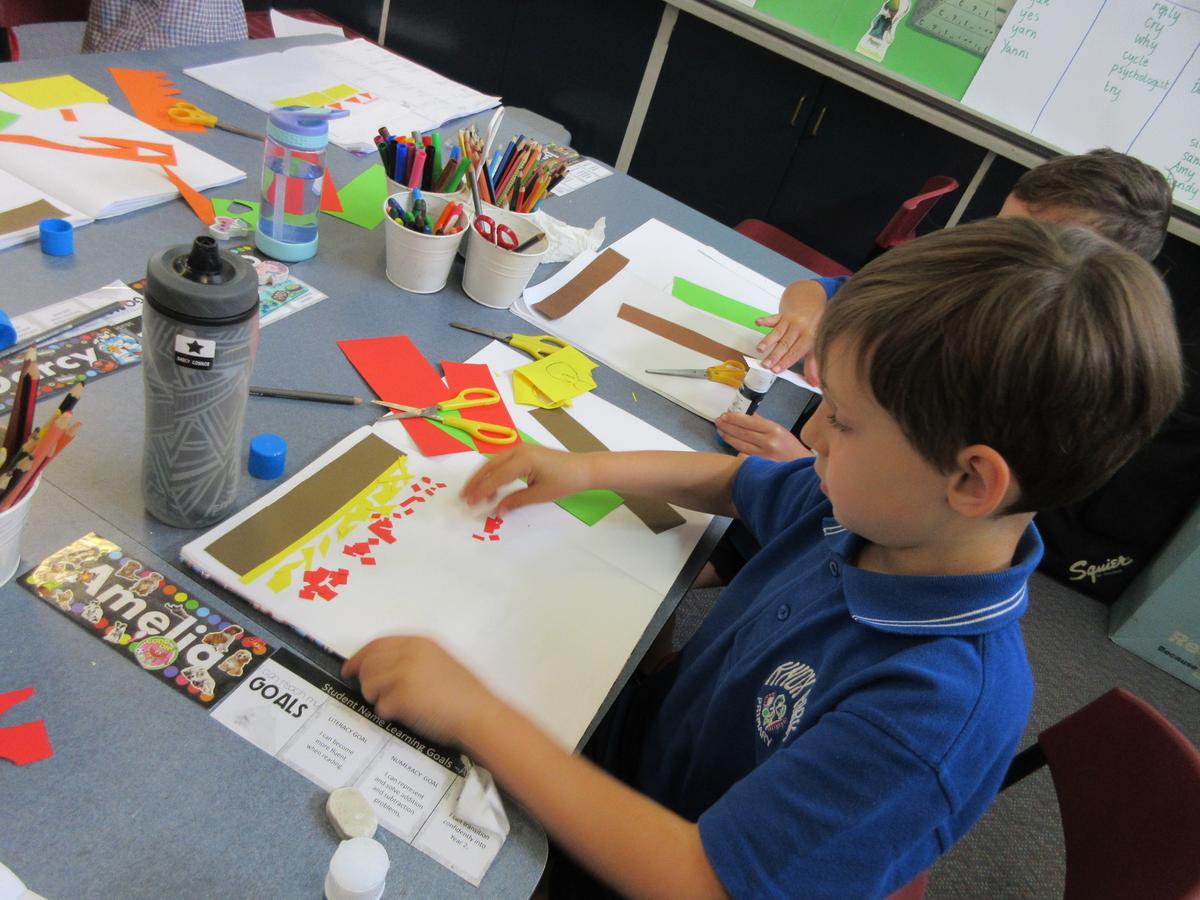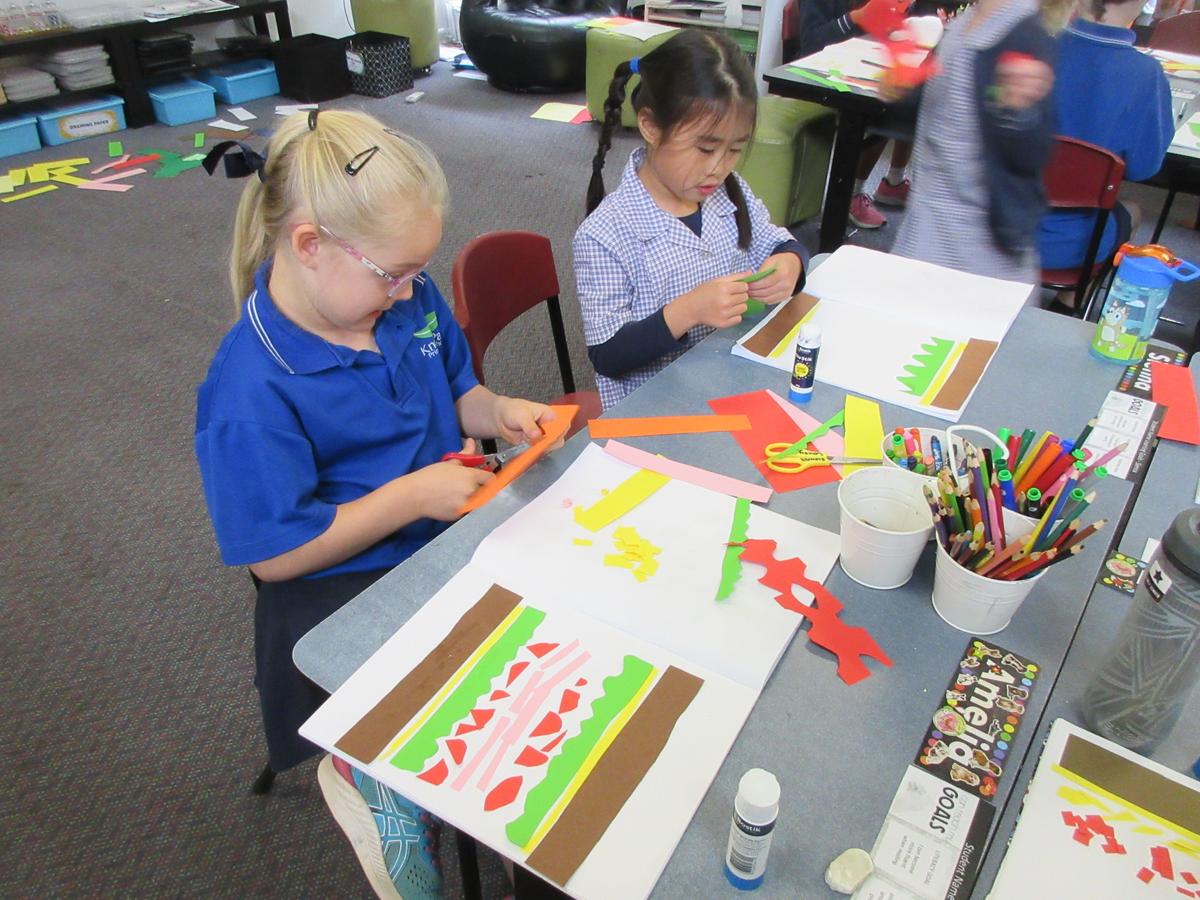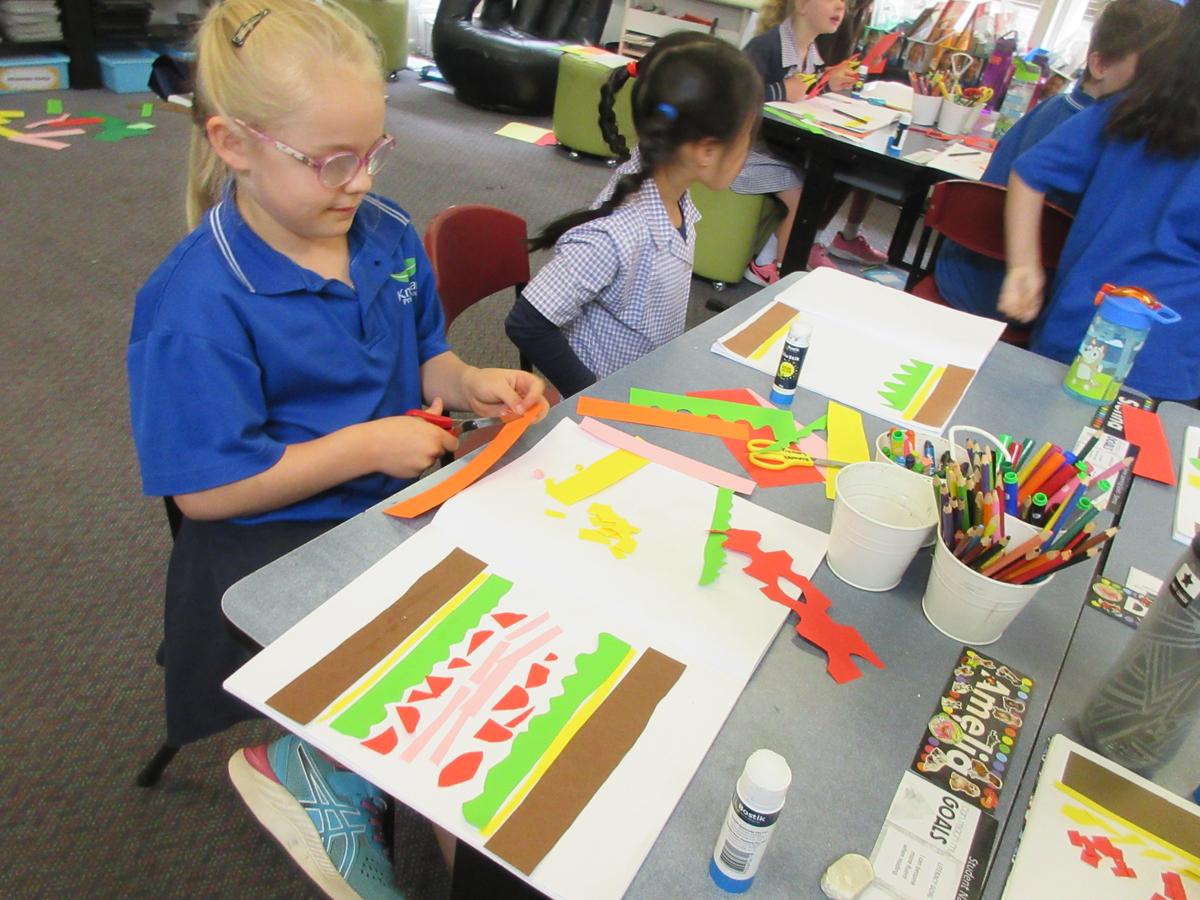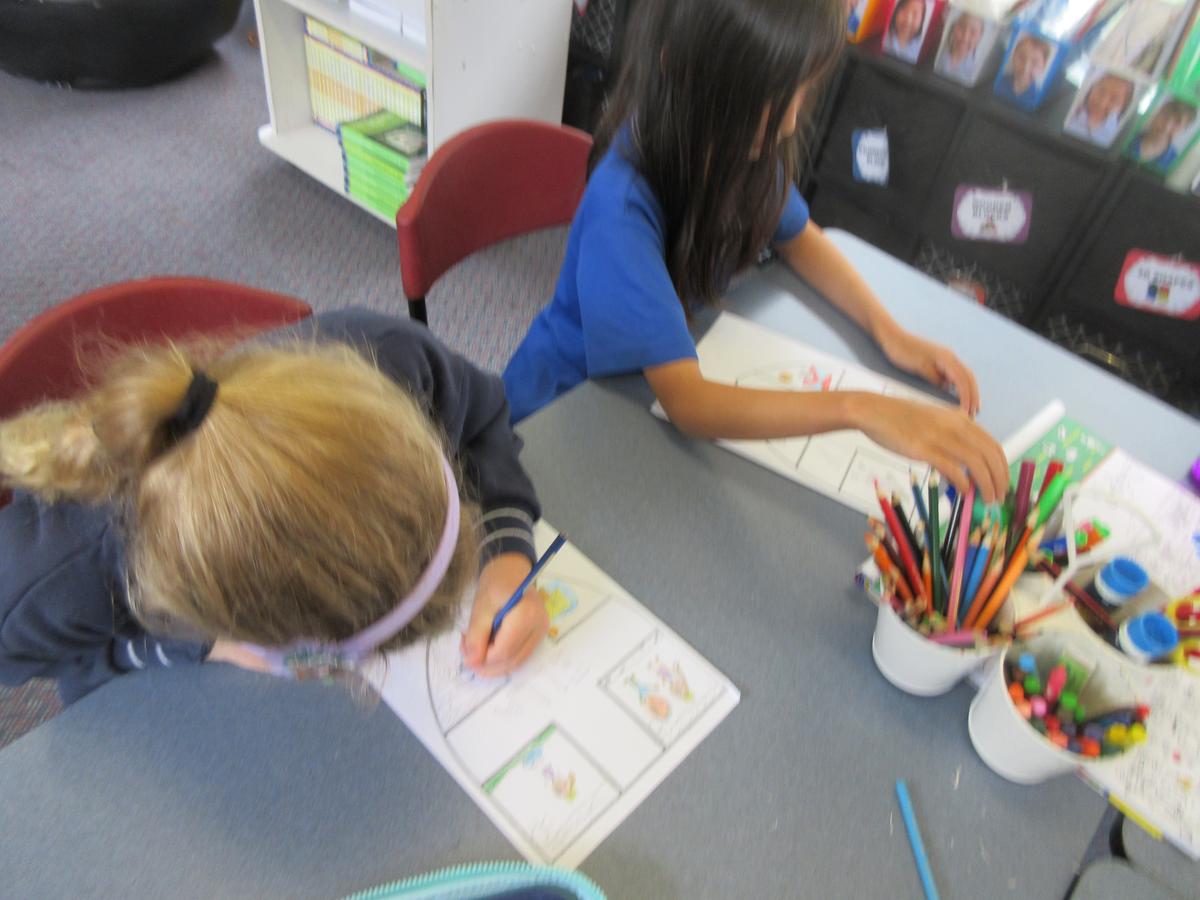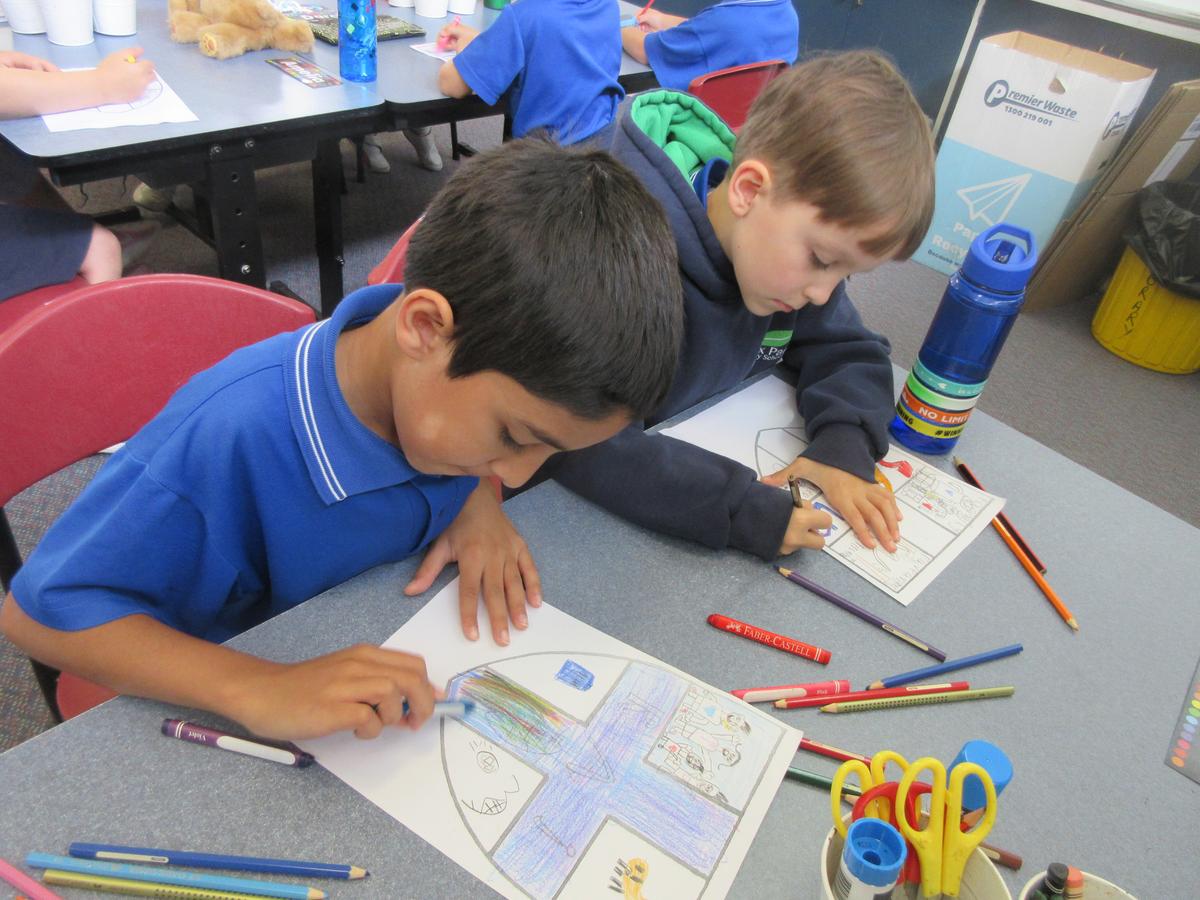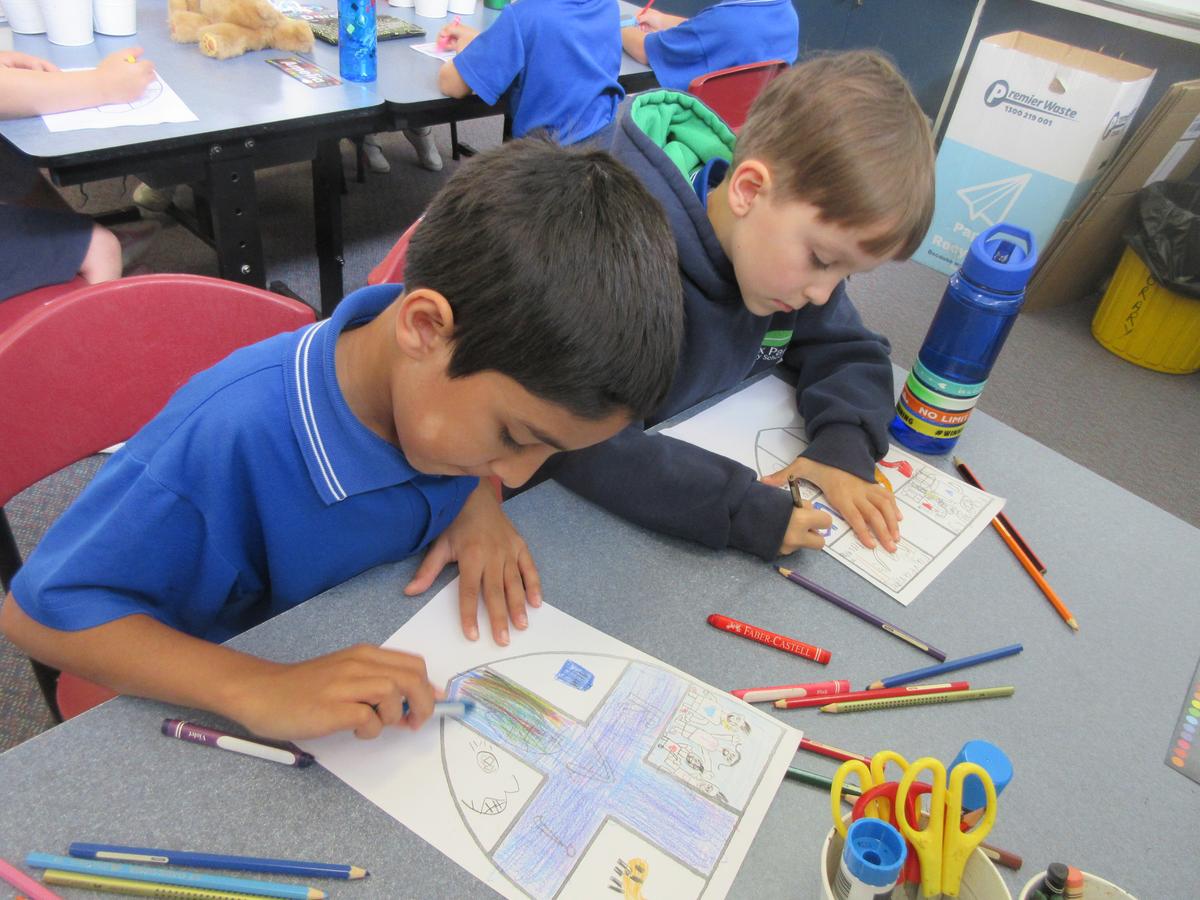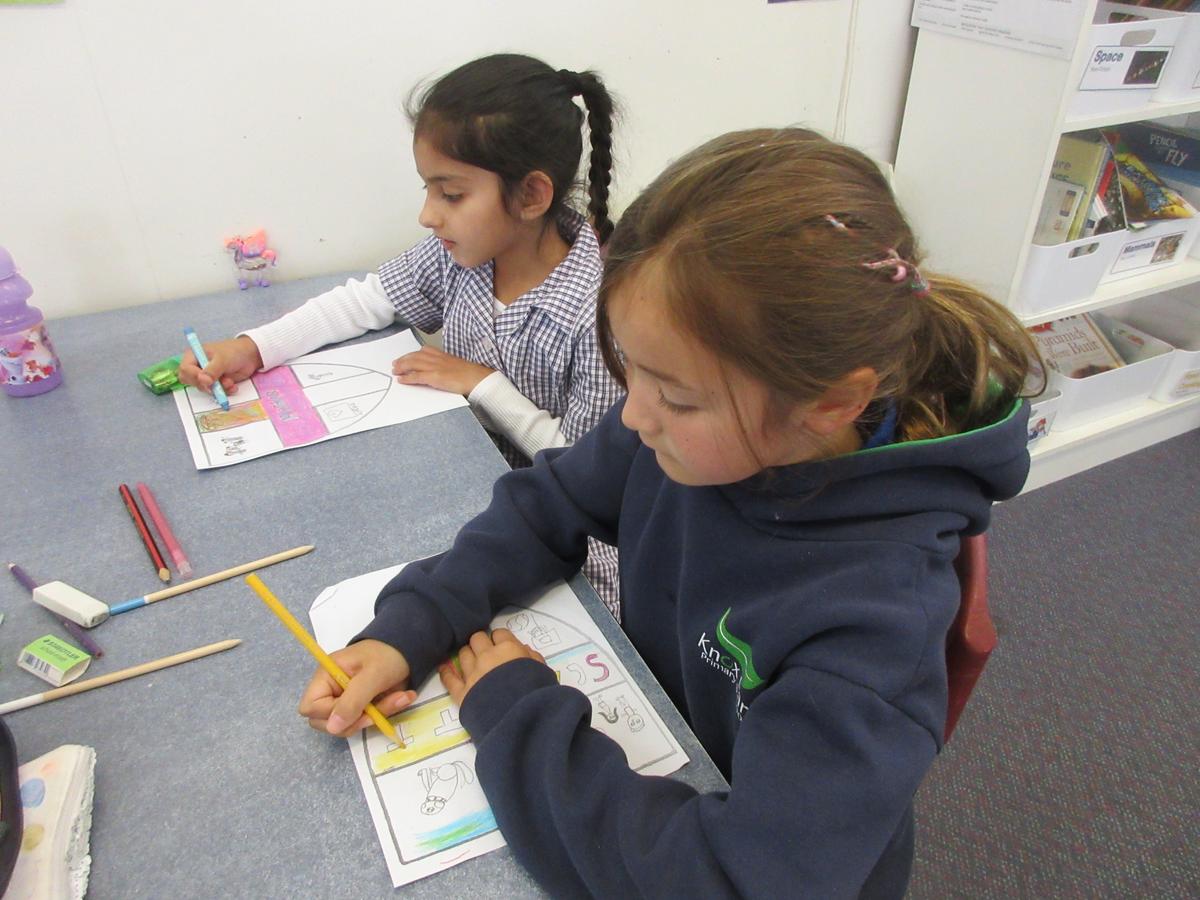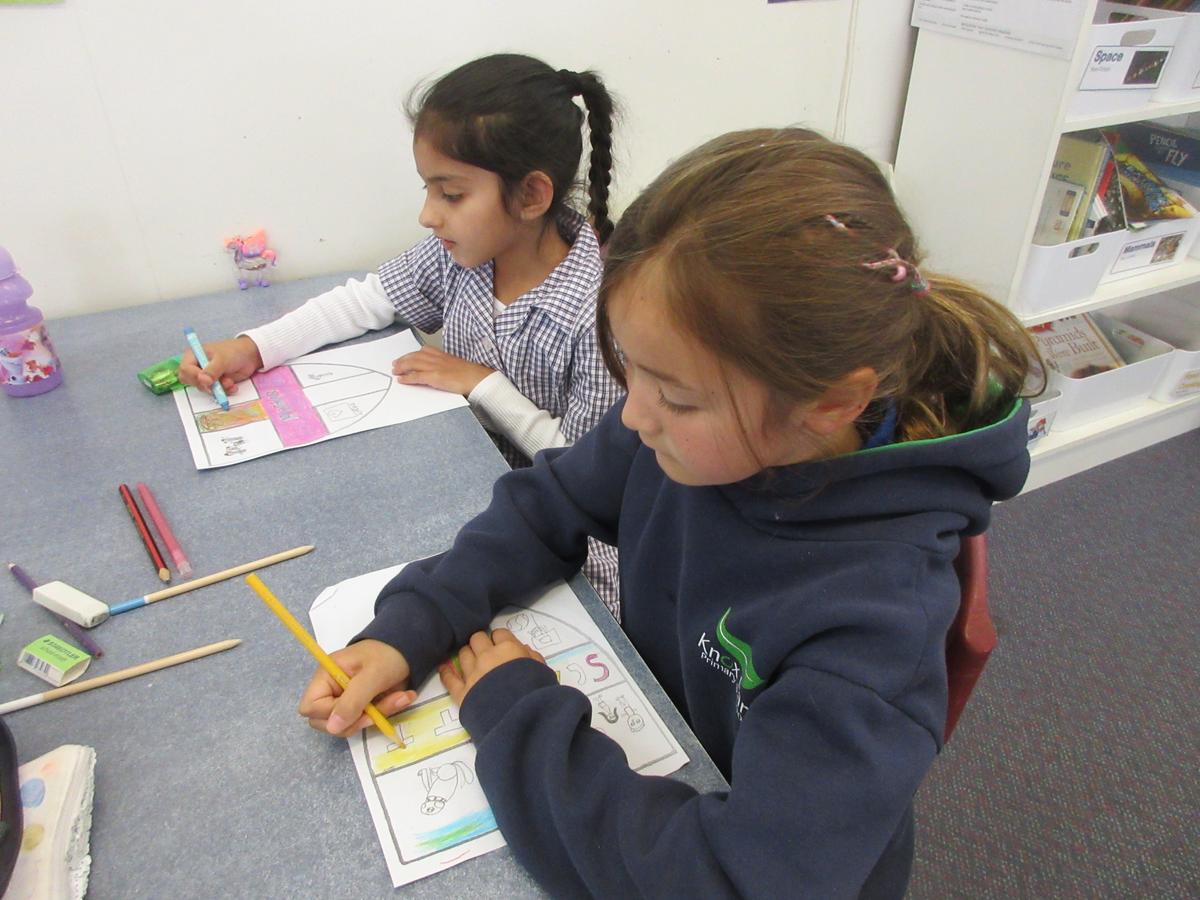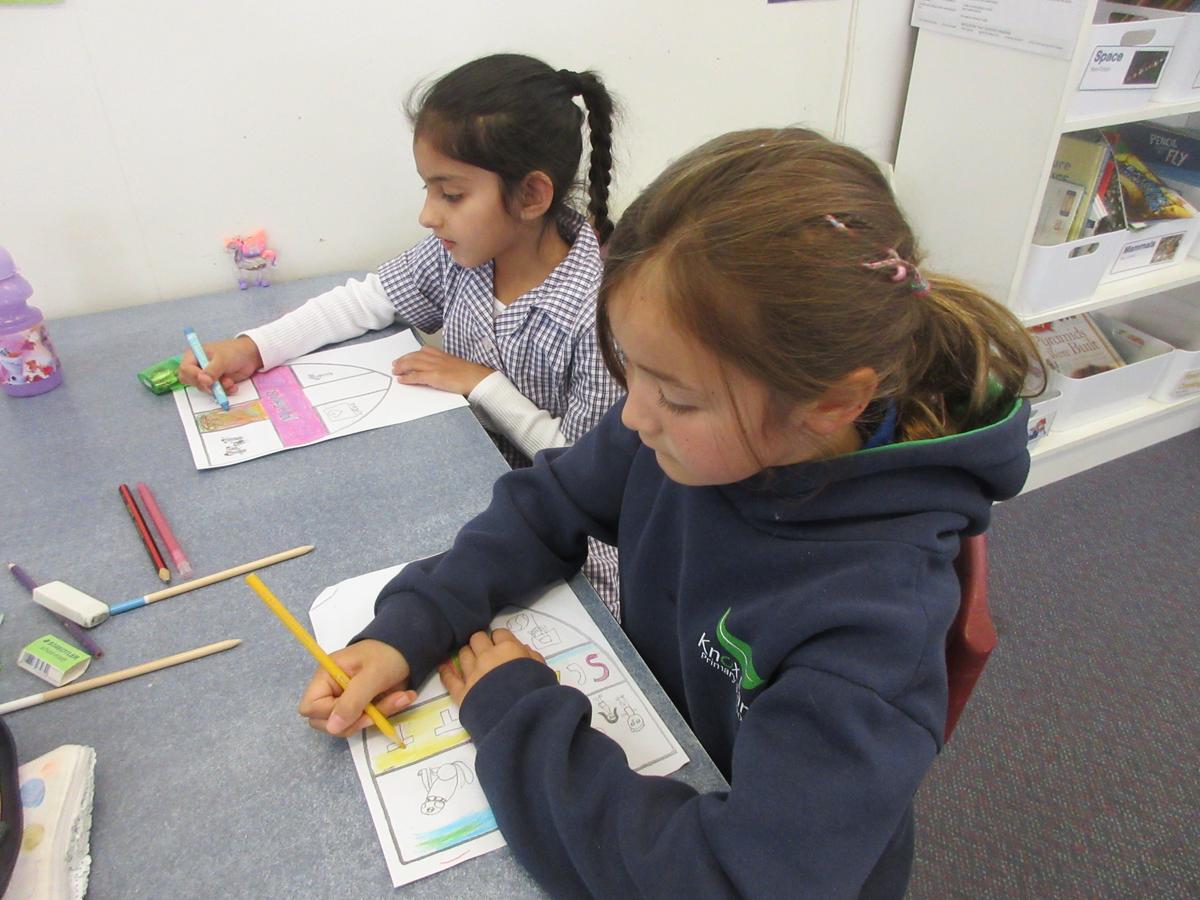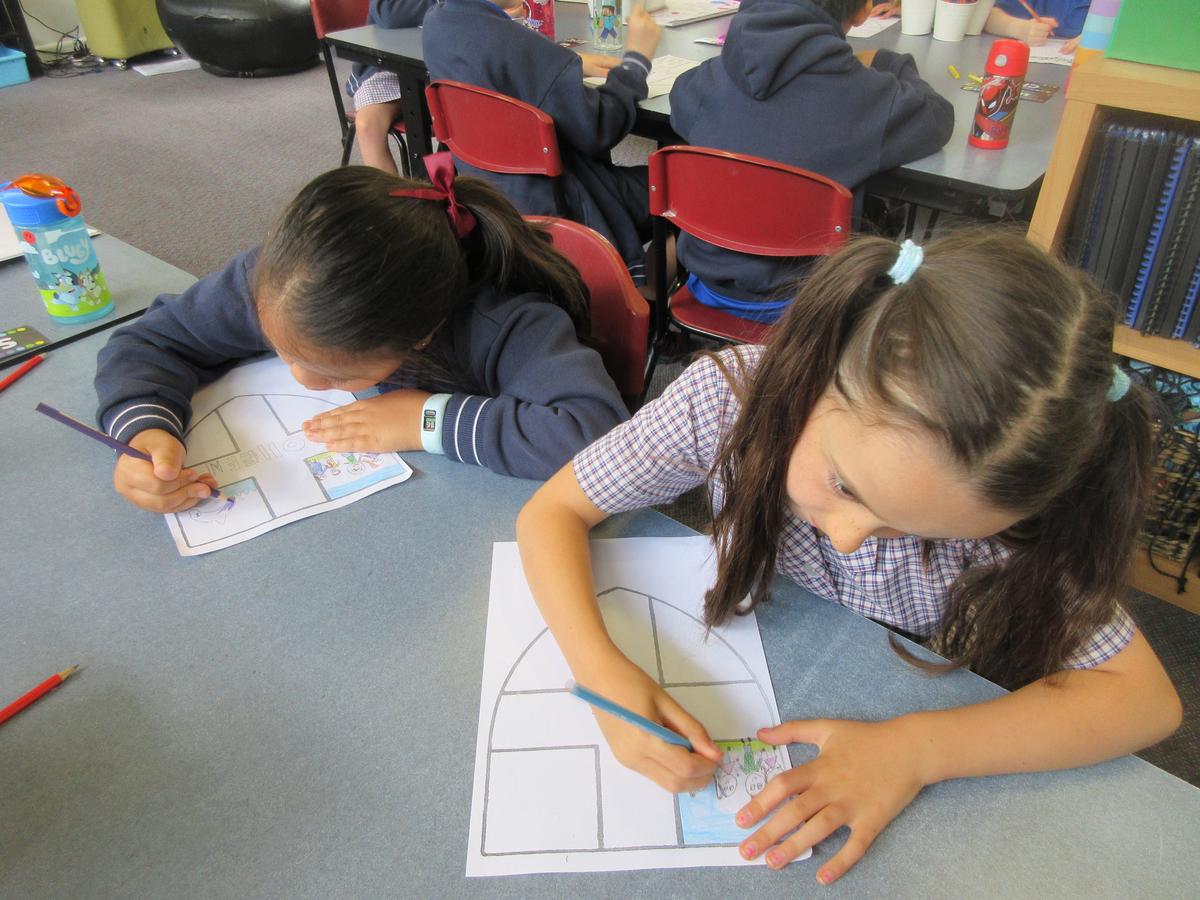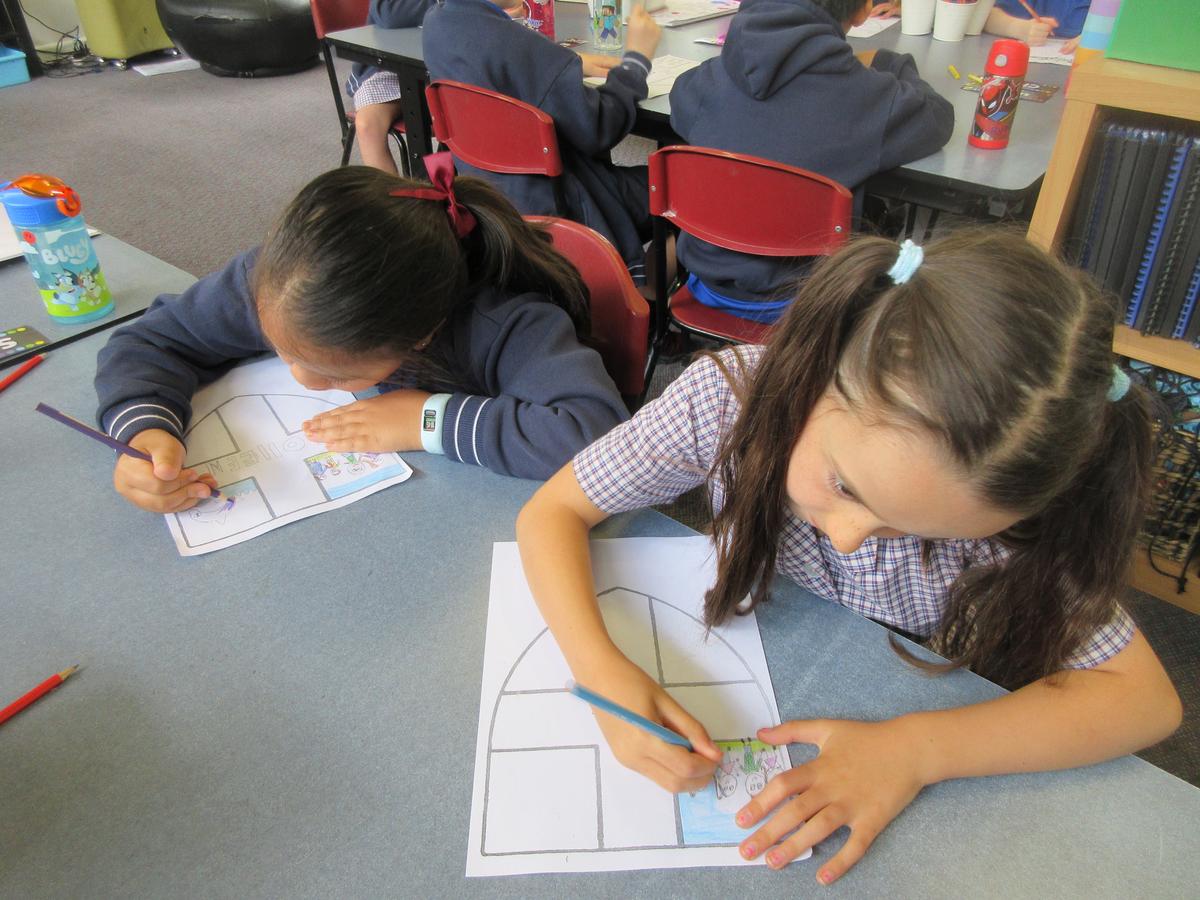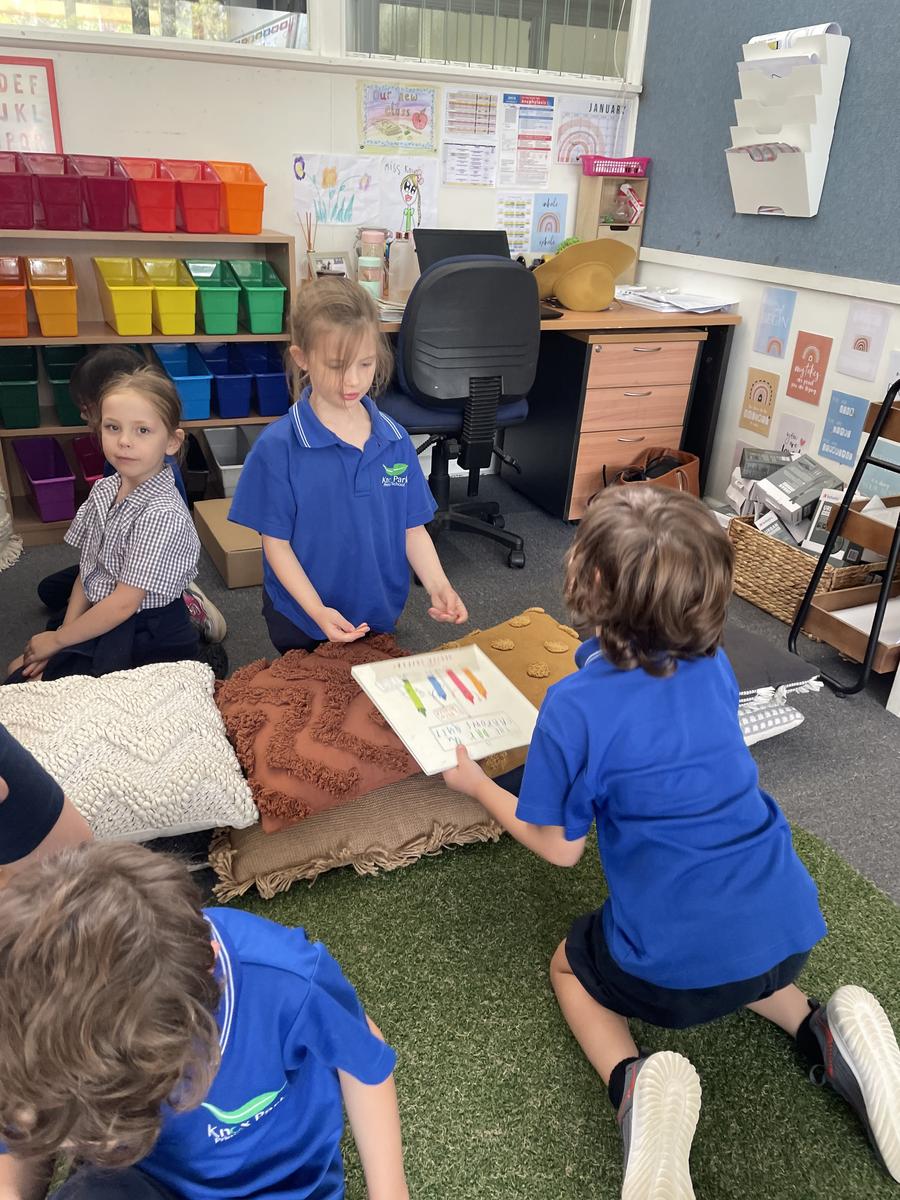Literacy
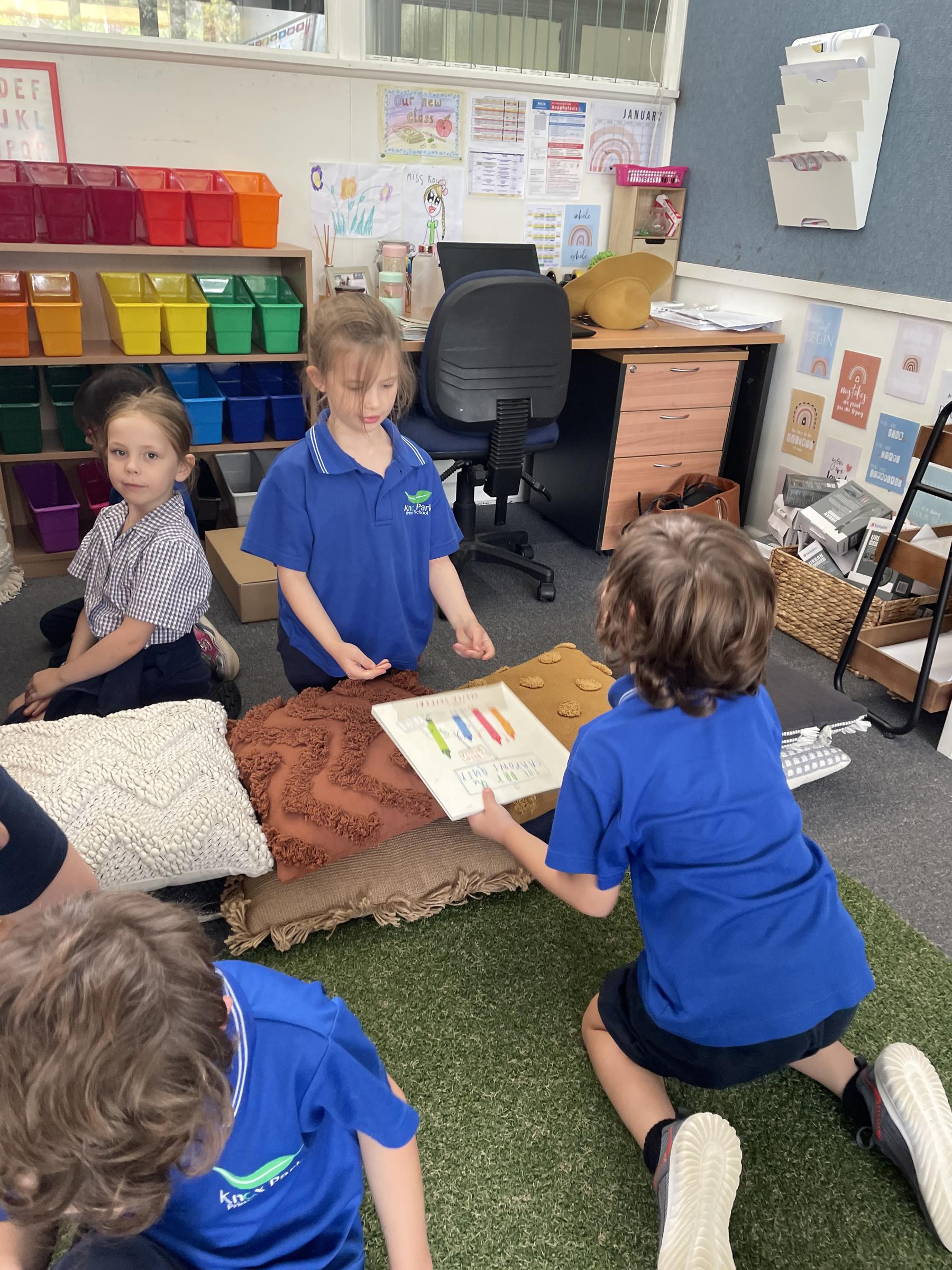
Phonics
This term, we are continuing to practise using our reading and spelling 'tools' to decode and spell words.
We will be focusing on the following spelling rules this term:
ck, tch, dge: The phonograms‘ck’, 'dge' and 'tch' may be used at the end of a word or the end of the first syllable, after a vowel saying its first sound.
Silent Final E: Silent Final E has 5 jobs -
Job 1: SFE jumps over the consonant to make the vowel say its second sound (time, cake).
Job 2: SFE stops 'v' and 'u' from being at the end of a word (have, blue).
Job 3: SFE makes 'c' and 'g' say their second sounds (cage, dance).
Job 4: Every syllable needs a vowel (little, bubble, purple).
Job 5: Imposters - SFE doesn't have a job to do (are, please).
FSZL Gang: We often double f, s, z or l if they come after a single vowel at the end of a one syllable word (grass, fizz, fill).
Photo Gallery
Reading
Everyone loves a good book! Especially the Year Ones and Twos!
This term we are learning all about the art of persuasion. The children will be identifying the difference between a fact and opinion, and will be learning debating skills to argue an opinion.
Later in the term, we will be practising summarising a text, and using books to make a mental image or a 'movie in our minds' to build comprehension skills.
Writing
Can I persuade you why having invisibility as a superpower is better than reading minds?
Or would you like to read my information report on elephants and learn some interesting facts about them?
This term we are looking closely at the art of persuasive text and how using persuasive language can help sway a reader's opinion.
We are also focusing on narrative elements such as character, setting, problem and solution to create engaging stories.
Later in the term, we will be learning research skills and will be creating information reports to share facts with our peers.
We are continuing to implement the Writer's Notebook each week to develop our imagination and spark enthusiasm for writing.

